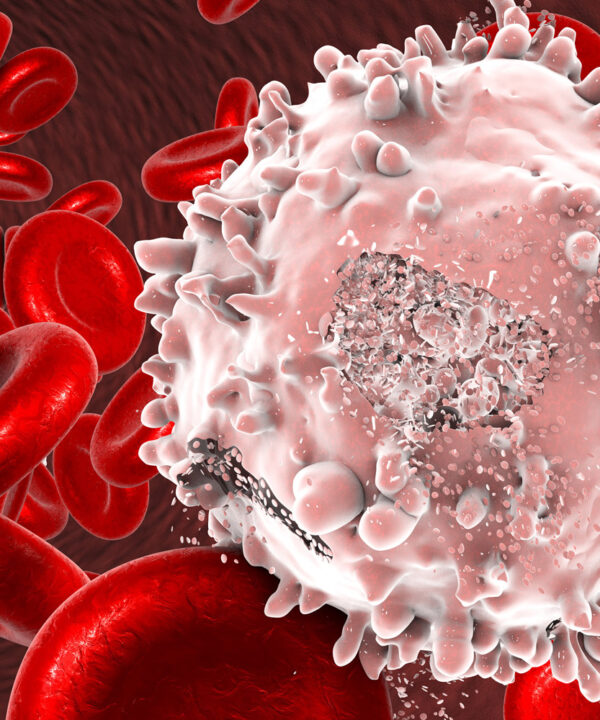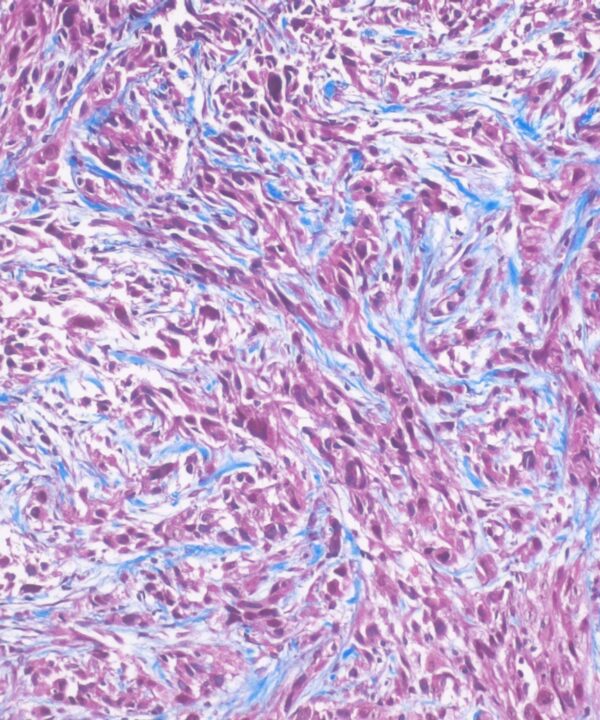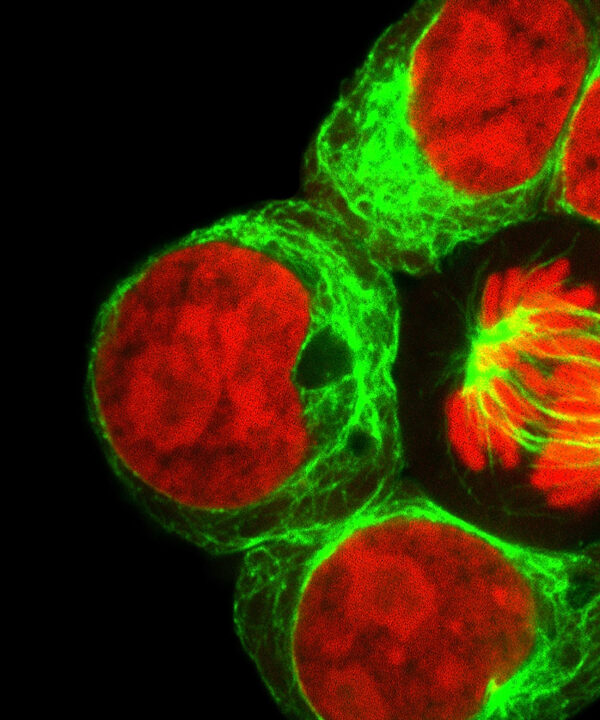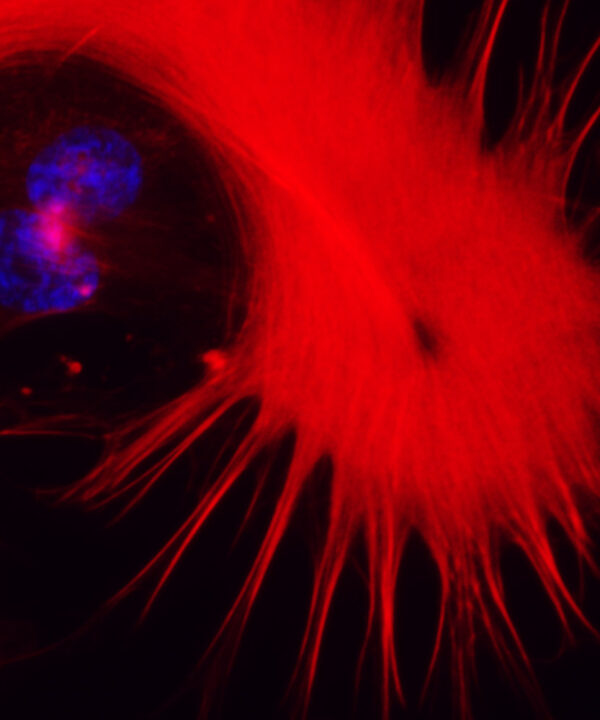Our translational research program employs imaging and proteomic tools to study molecular aspects of cancer.
Our labs are interested in researching late stages of solid cancers that form in the brain. The heterogeneity of the tumor cell populations drives treatment failures and is ultimately responsible for poor outcomes in patients. We are interested in the cellular and molecular mechanisms of treatment resistance in cancer. Our labs explore molecular mechanisms and signaling pathways exploited by cancer cells to evade cell death under DNA stress.
The crosstalk between tumor cells and resident cells in the respective tissues has gained increasing recognition as a key modulator of tumor growth and metastasis and we explore how the tumor microenvironment influences the treatment response of the tumor.
Our translational research program focuses on primary and metastatic brain tumors.
Adult primary brain tumors originate in the brain and include the most aggressive brain tumor glioblastoma. Brain metastases signal terminal stage cancer and originate as tumors outside of the brain that metastasize into the brain. Current therapies for primary and metastasizing brain tumors are palliative at best. Our two labs jointly collect patient-derived tumor (stem) cells and blood to discover new molecular pathways and peripheral biomarkers. We employ genetic, proteomic, and mouse models to identify actionable tumor targets for treatment with novel small molecules and nanotherapeutics.









